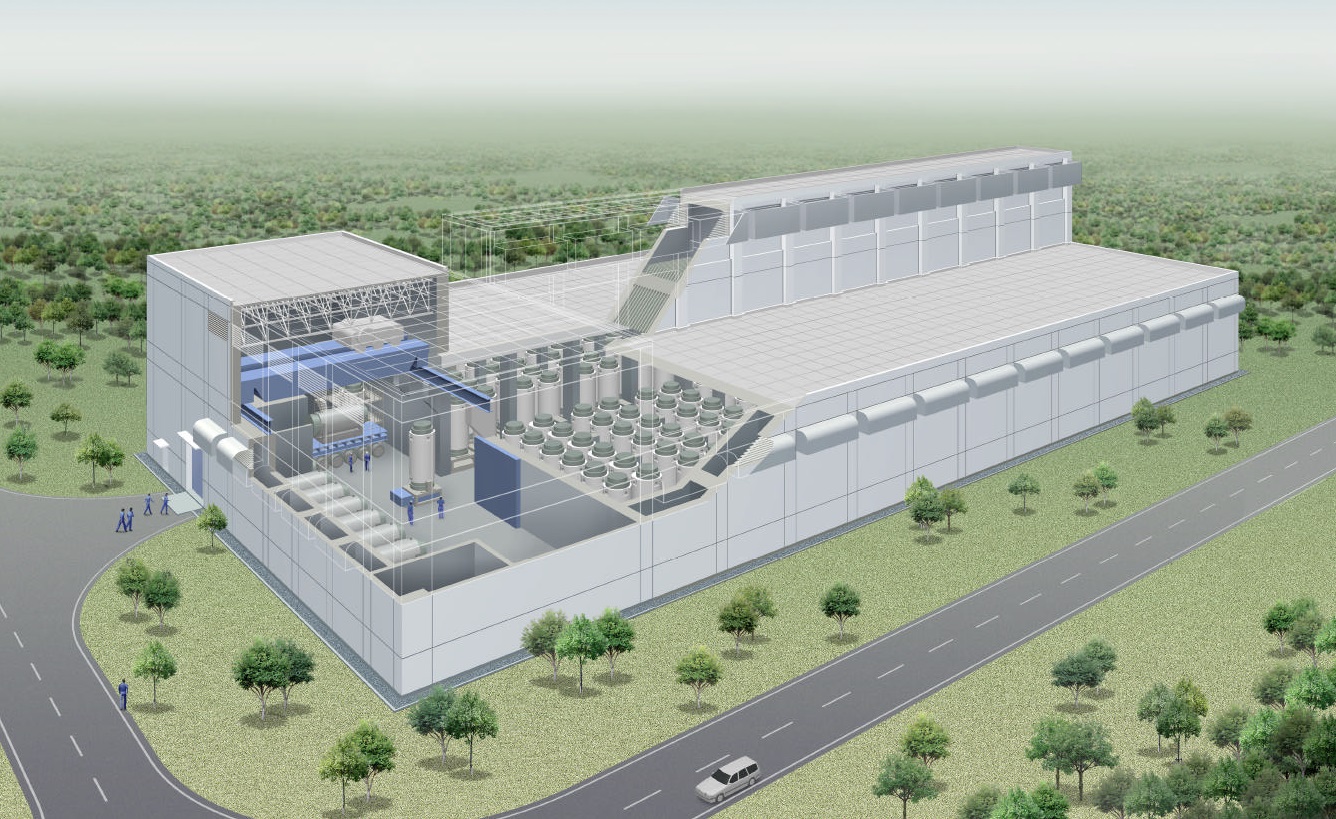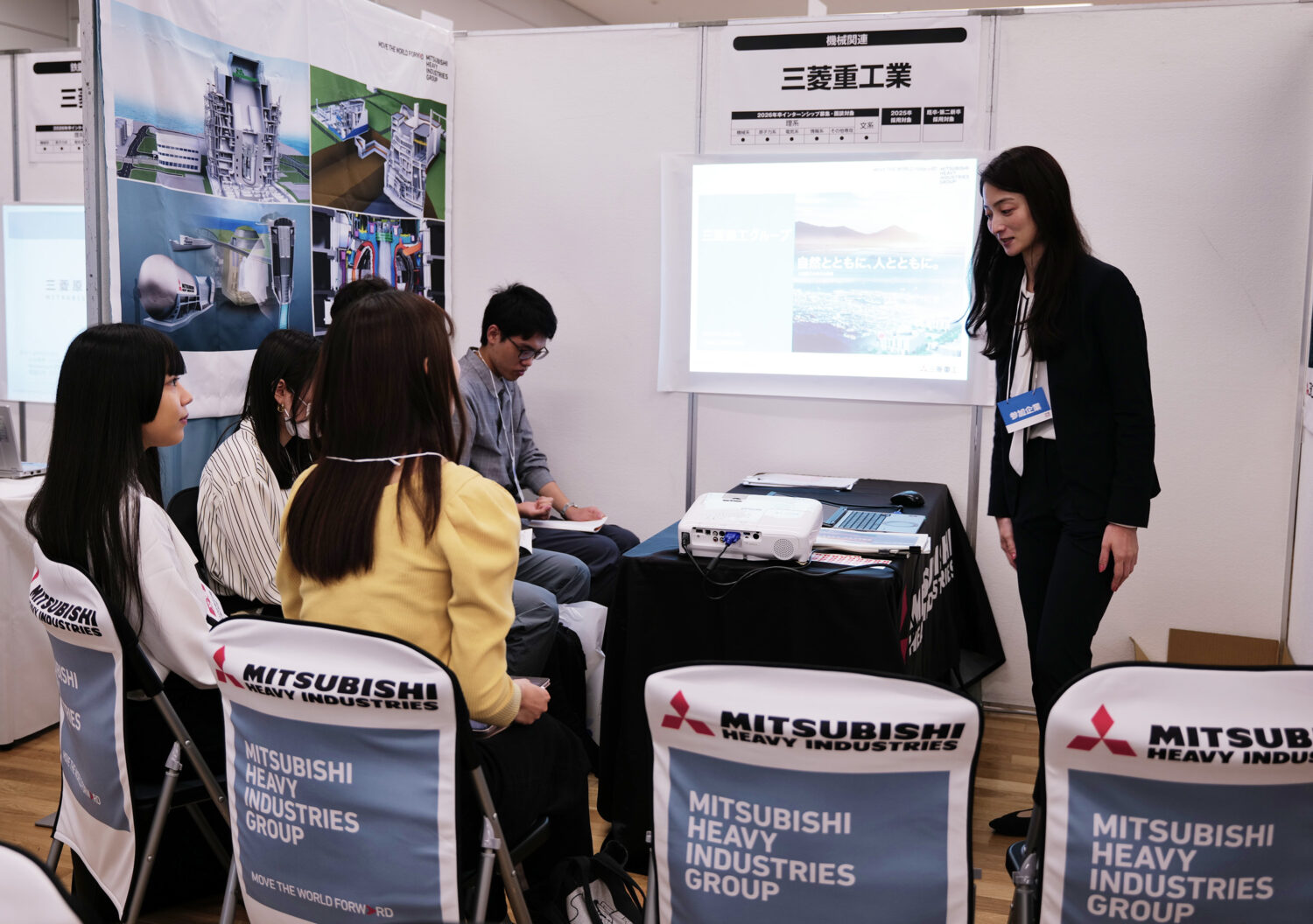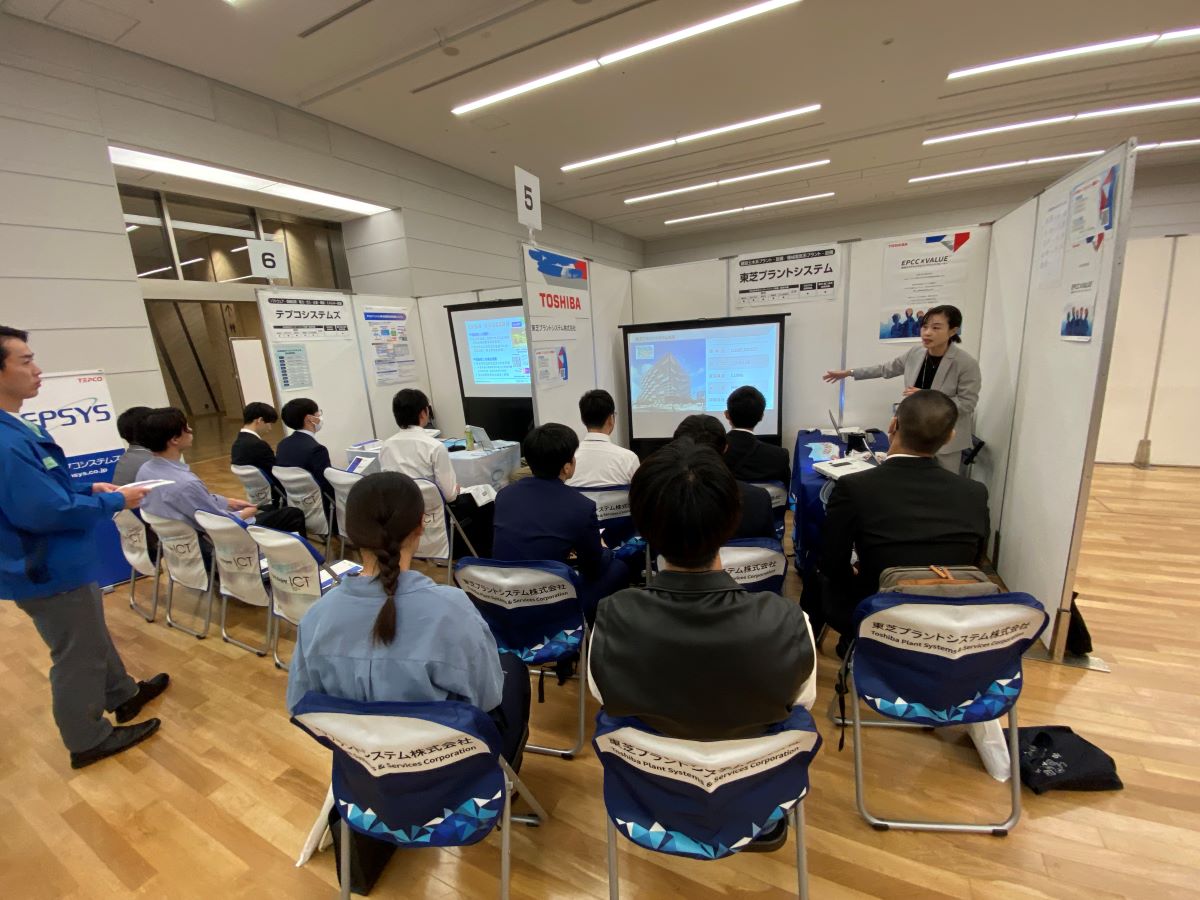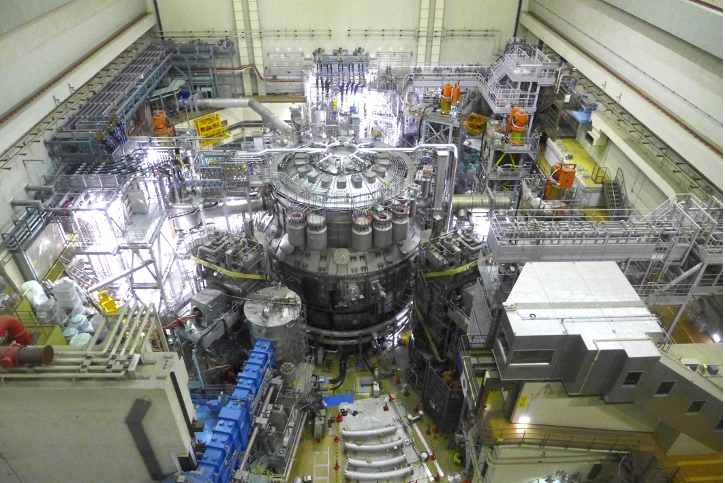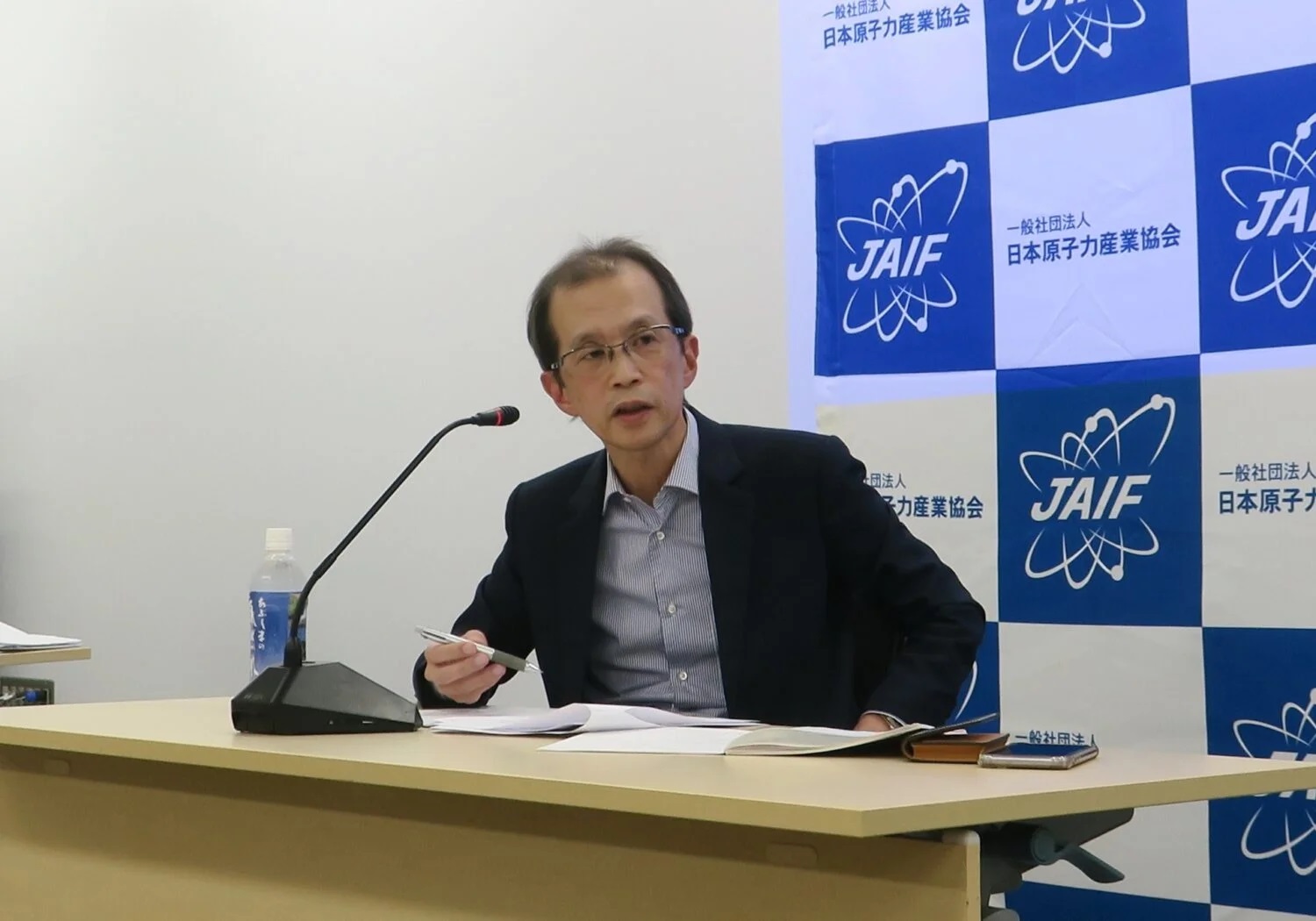Japan fully deregulated its retail power market in April of this year, intensifying competition among existing power utilities, and bringing in an increased number of new entrants into the market from a diverse range of industries.
Besides deliberating on measures to further invigorate competition, the working committee will explore specific mechanisms to promote responses to public-sector issues. It is expected to draw up an interim report by the end of the year.
Electricity system reform—a project of the Japanese government since 2013 through the establishment of laws and regulations—has three main purposes: securing a stable supply of electricity, minimizing electricity rates, and expanding choices for consumers as well as business opportunities.
Those purposes are being achieved in three stages: the establishment of the Organization for Cross-regional Coordination of Transmission Operators (OCCTO) in fiscal 2015 (April 2015 to March 2016), full retail competition starting in fiscal 2016 (April 2016 to March 2017), and unbundling of the electricity transmission sector from the distribution sector starting in fiscal 2020 (April 2020 to March 2021).
At the subcommittee’s first meeting two days ago, representatives from the Agency for Natural Resources & Energy (ANRE) of the Ministry of Economy, Trade and Industry (METI) explained the current status of electricity system reform, after which the members identified issues in realizing a competitive market and public-sector issues not resolvable through competition alone.
METI representatives then emphasized the need for a base-load power source market to stimulate further competition. A market will be created where low-priced base-load power sources—such as coal-fired power, large-scale hydropower and nuclear power (mostly owned by major power utilities)—so as to encourage power producers and suppliers (PPSs) to access such power sources, thereby helping to invigorate competition among operators. A working group on market development is to be formed under the subcommittee.
The working group will also address the creation of a mechanism for a so-called “non-fossil-value” trading market, based on the recognition that electricity can possess an environmentally-friendly “value” to the extent that it reduces GHG emissions. The aim is to create a business environment in which power producers and suppliers can procure non-fossil power sources.
Separately, a financial accounting working group will explore an accounting system for decommissioning, which is a public-sector issue. The group will consider such issues as how to account for the decommissioning costs for the damaged Fukushima Daiichi Nuclear Power Plants belonging to the Tokyo Electric Power Co. (TEPCO). Treating the costs as a lump sum could threaten the financial integrity of the power utility, so the working group will consider how to prevent its bankruptcy.
That group is also expected to address the issue of raising funds for decommissioning the defunct Fukushima Daiichi NPPs as related to overall electricity system reform. As was the case of ordinary decommissioning costs for NPPs, power producers and suppliers must pay to use the power transmission networks owned by major power utilities, and METI mostly intends to expand that idea to cover TEPCO’s Fukushima Daiichi decommissioning costs.


